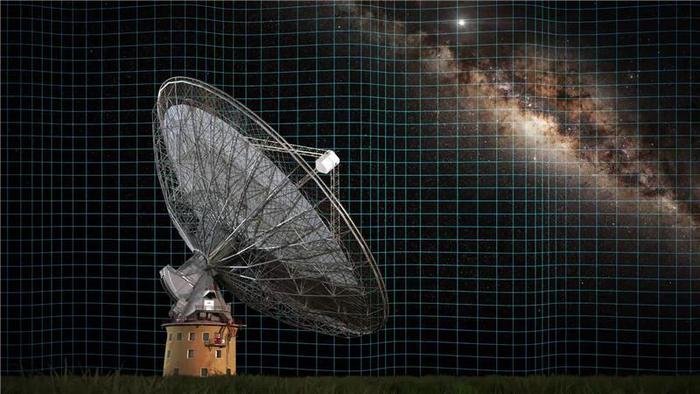PERTH, Australia, Oct. 21 (UPI) -- Australian astronomers say gravity waves -- predicted by Albert Einstein and since confirmed by scientists -- are revealing secrets of black holes.
Every large galaxy is thought to have a supermassive black hole at its center but the phenomena have proved difficult to study by direct observation, they said.















